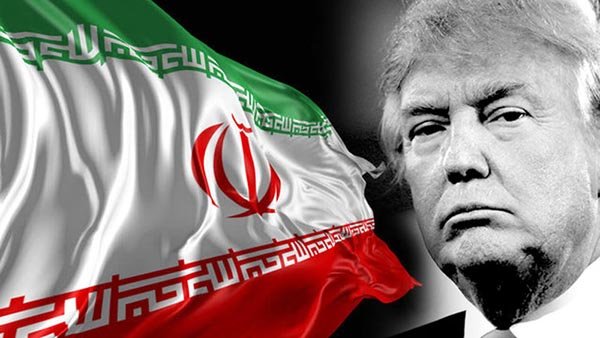Europe’s business interest can shield JCPOA

U.S. President Donald Trump plans to “decertify” the Iran nuclear deal - known as the Joint Comprehensive Plan of Action (JCPOA) - by an October 15 deadline, as he claims that Iran has not “lived up” to the spirit of the deal.
As a matter of fact, it is very difficult to guess what is in the mind of the unpredictable Trump who considers impulsiveness as his strength. Here are the four most likely approaches Trump may take.
First, he scraps the deal and persuades other signatories including China, France, Russia, the United Kingdom and Germany to step out of the JCPOA. This probability is almost zero according to what top European political officials have announced since the time Trump has come into office and considering how they have reacted since the implementation of the nearly 20-month-old agreement.
“This is not a bilateral agreement. This is not an agreement that involves six or seven parties,” EU foreign affairs chief Federica Mogherini has said. “This is a UN Security Council resolution with an annex … So it doesn’t belong to one country, to six countries, to seven countries, to the European Union – it belongs to the international community.”
“As Europeans, we will do everything to make sure it stays,” Helga Schmid, the secretary general of the European External Action Service said, addressing the 4th Europe-Iran Forum last week.
Europeans have also been inclined in boosting their economic bonds with Iran via signing various contracts in different economic sectors. They have also made some investments in the country and Trump’s decision to kill the deal may threaten their business interests and economic benefits in Iran.
As of the implementation of the JCPOA in January 2016, Iran has inked a large number of deals with foreign companies, mainly with Europeans.
Purchasing commercial aircrafts from Airbus, making deal with Boeing and a number of other aircraft manufacturers, signing a deal with French energy major Total for developing phase 11 of South Pars gas field, and launching joint ventures with renowned carmakers such as Peugeot SA and Volkswagen are some of the agreements.
Meanwhile, Europeans are weighing other solutions to preserve the JCPOA. “European governments are now looking for other ways to try to salvage the nuclear agreement. European lobbying efforts are now focused on U.S. Congress which will have two months to decide – in the absence of Trump’s endorsement of the 2015 deal – whether to re-impose nuclear-related sanctions,” the Guardian wrote on October 4.
The second scenario is that Trump may decide to withhold certification and impose a new round of sanctions against Iran. This is more probable, but in this case he will politically put the U.S. in an exile and in confrontation with its European allies.
Third, Trump may call for making some amendments to the text of the deal, putting more restrictive conditions for Iran regarding its nuclear program. Although this seems favorable to Trump, Iran is fully against it.
“Every aspect of the deal had been fully and repeatedly renegotiated before we reached an agreement. Everybody else who participated in... [it] knows that if we reopen the deal to negotiation, we would be reopening Pandora’s box, which would be impossible to close again,” Iranian Foreign Minister Mohammad Javad Zarif has said.
And the last probability is that Trump withholds certification and passes the matter to Congress, which would then have 60 days to take action. Congress votes against Trump and JCPOA remains intact.
Whether Trump destroys the JCPOA or not it has nothing to do with the nature of the deal itself. Trump’s arguments for withdrawing the international agreement are purely politically motivated.
HJ/MG/PA
